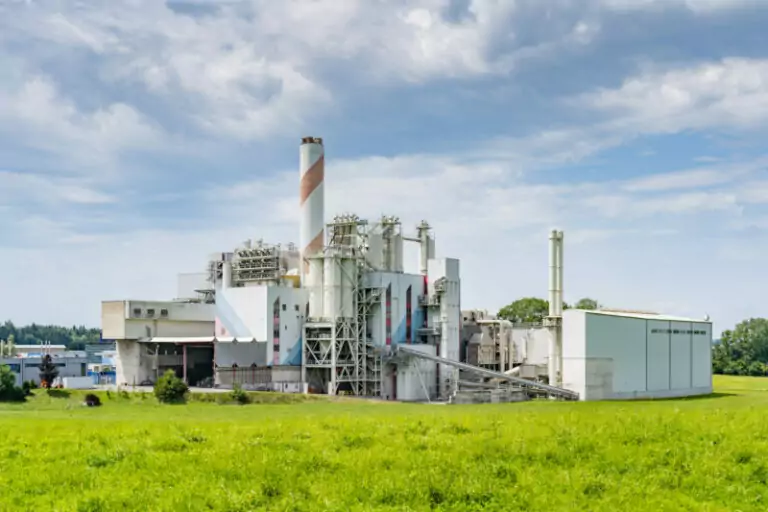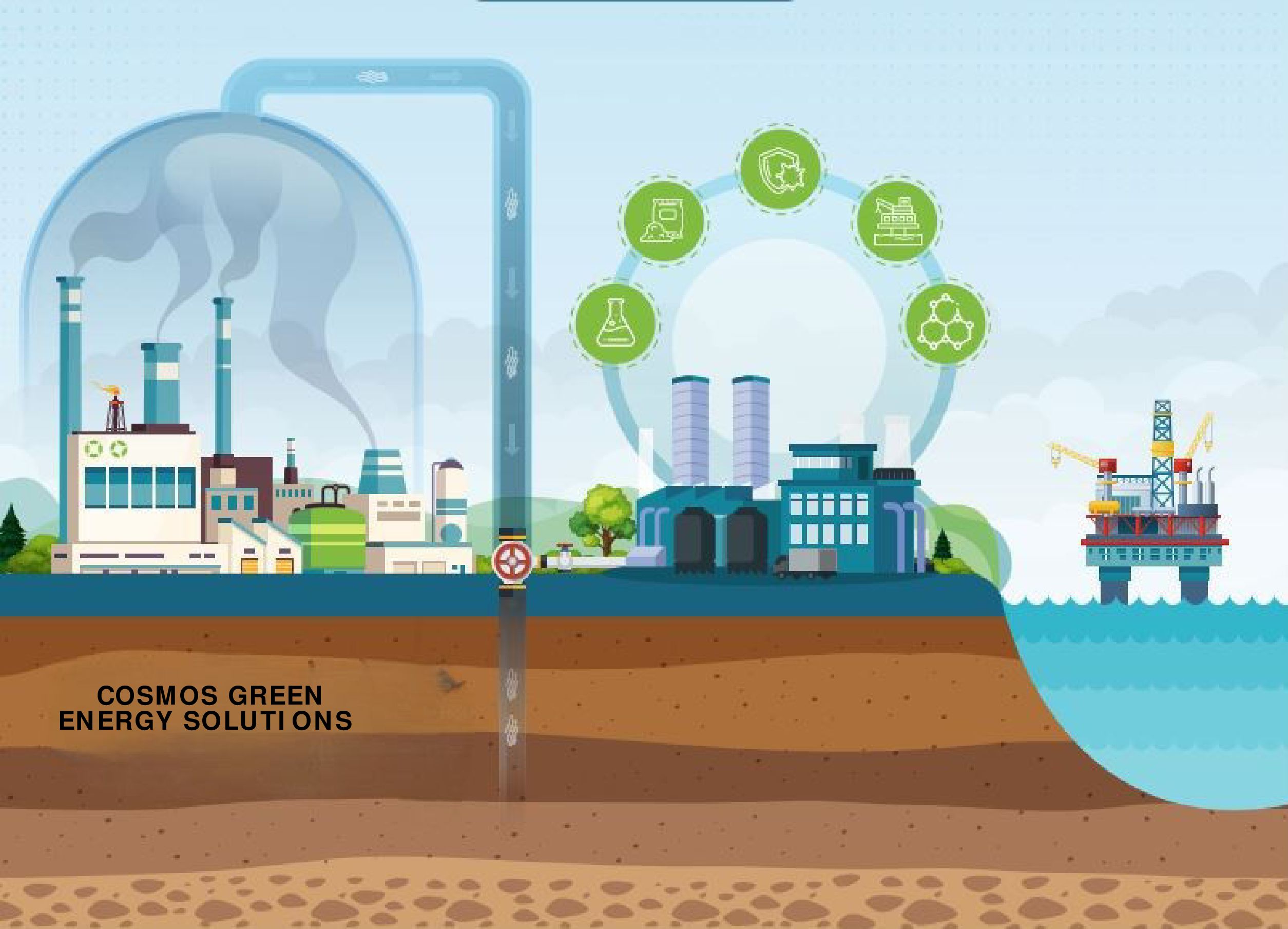Overview
Carbon Capture, Utilization & Storage (CCUS) is an advanced climate technology designed to capture CO₂ emissions from industrial sources and power plants, then either repurpose it for commercial use or securely store it underground. As a critical pillar of global decarbonization strategies, CCUS enables heavy industries to reduce their carbon footprint while supporting a circular carbon economy and accelerating the transition to net-zero emissions.
Applications
Power Generation
Capturing CO₂ from coal, gas, and biomass power plants.
Industrial Processes
Emission reduction in cement, steel, chemical, and fertilizer production.
Blue Hydrogen Production
Capturing CO₂ from hydrogen generated via natural gas reforming.
Direct Air Capture (DAC)
Removing CO₂ directly from the atmosphere for storage or reuse.
Features
High-Efficiency CO₂ Capture Units
Capture rates up to 90% or more.
Flexible Utilization Pathways
CO₂ can be used in fuels, building materials, or industrial processes.
Secure Geological Storage
Long-term sequestration in deep saline formations or depleted oil fields.
Real-Time Monitoring Systems
Continuous tracking of CO₂ capture, transport, and storage integrity.
Benefits
Major Emission Reduction
Enables deep decarbonization of hard-to-abate sectors.
Supports Net-Zero Goals
Essential for meeting national and corporate climate targets.
Creates Commercial Opportunities
Converts captured CO₂ into valuable products.
Protects Industrial Competitiveness
Allows industries to comply with regulations while staying operational.

